Laurel Hamers

All Stories by Laurel Hamers
-
 Climate
ClimateClimate change is shifting when Europe’s rivers flood
Climate change has been shifting when European rivers flood by weeks or even months. This is likely to have been impacts on cities, farms and ecosystems.
-
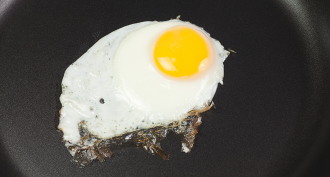 Chemistry
ChemistryNew ‘magnet’ pulls pesky nonstick pollutants from drinking water
Chemicals that help make pans nonstick can themselves stick around forever in the environment. But a new material can remove them from drinking water.
-
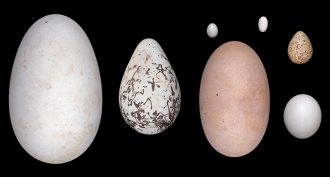 Animals
AnimalsEvolving for flight may have changed the shapes of bird eggs
Birds that are strong fliers tend to have stretched-out or asymmetrical eggs. This might reflect how their bodies evolved for flight.
-
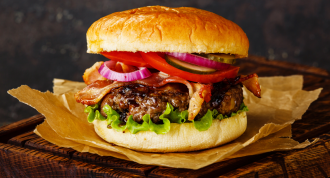 Brain
BrainFood smells better to sleepyheads
People who want to resist junk foods or overeating may want to make sure they get a good night’s rest. Being tired makes the scent of foods more appealing, a new study finds.
-
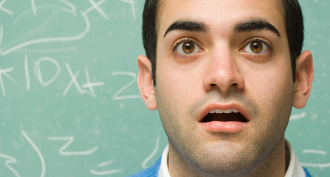 Brain
BrainAnxious about math? Your brain may tackle simple problems differently
A study found more variable brain activity in people who get nervous about math problems than those who do not.
-
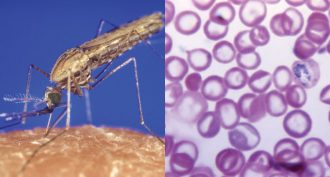 Animals
AnimalsMalaria parasites lure mosquitoes to infected hosts
Malaria parasites leave behind an alluring molecule in their hosts’ blood. It draws mosquitoes to sip it, helping spread the disease these carry.
-
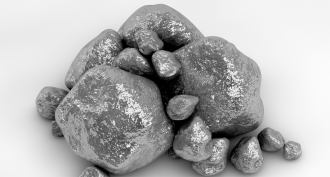 Chemistry
ChemistryExplainer: What is a catalyst?
Catalysts are used in manufacturing and many technologies. They’re also found in living things. They help chemical reactions move along.
-
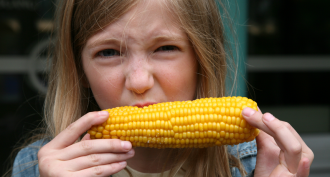 Brain
BrainChewing or breathing sounds make you seethe? Blame your brain
People who can’t stand everyday sounds, such as chewing and breathing. The reason traces to how their brains are wired, new research finds.
-
 Ecosystems
EcosystemsUnderwater meadows appear to fight ocean germs
The seagrasses that sway in coastal currents are more than aquatic groundcover. They can reduce harmful bacteria that might otherwise sicken neighboring animals, new data show.
-
 Life
LifeScientists watch germs evolve into superbugs
To study how bacteria can evolve resistance to a wide variety of drugs, scientists spread the germs on a food-filled plate the size of a foosball table. Then, they watched resistance rise.
-
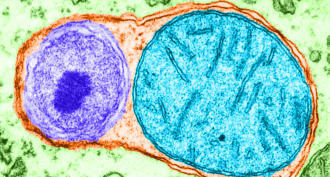 Life
LifeNobel awarded for unveiling how cells recycle their trash
Cell biologist Yoshinori Ohsumi has won the 2016 Nobel Prize for physiology or medicine for discovering how cells take care of housekeeping.
-
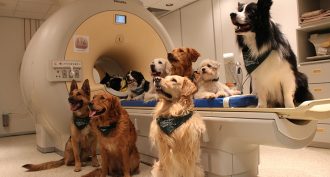 Brain
BrainGood dog! Canine brains separate tone of speech from its meaning
Dogs brains divide up the tasks of interpreting words and interpreting emotion. It’s a skill that may have evolved even before people did.